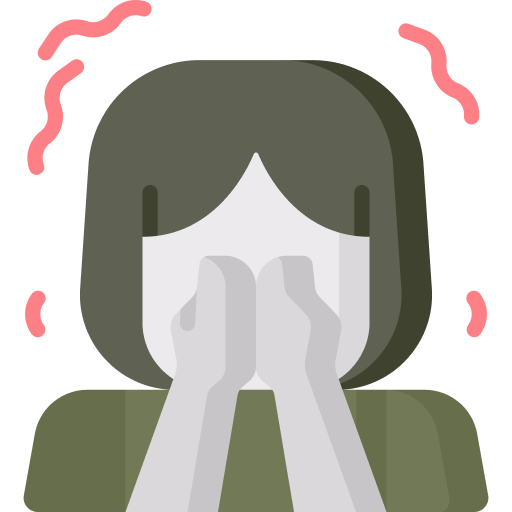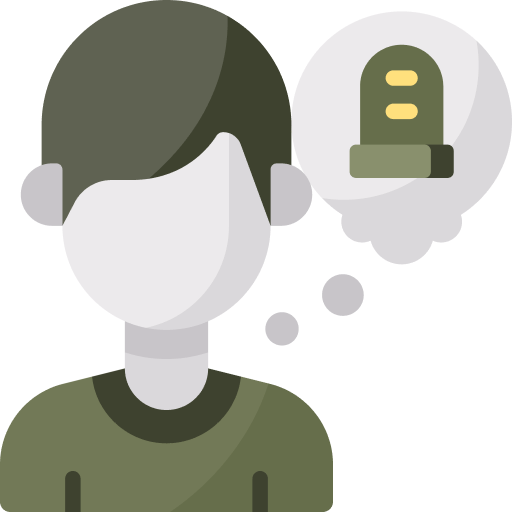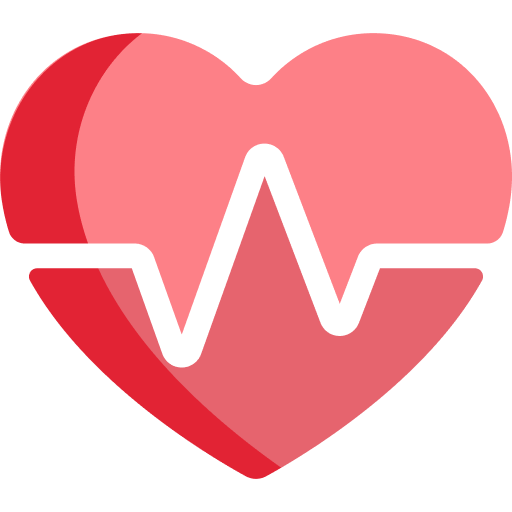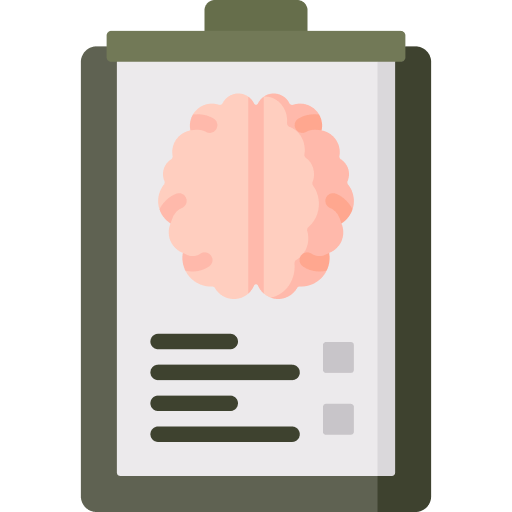Understanding
Grief and Loss
What is Grief and Loss?
Grief is a natural emotional response to loss, encompassing a range of feelings from deep sadness to anger. It’s a universal experience, yet each person’s journey through grief is unique. Grief can follow the loss of a loved one, a significant relationship, a job, a pet, or any life-altering event. The process of grieving helps individuals come to terms with their loss and find a way to move forward.
Symptoms of Grief and Loss

Emotional Symptoms
Deep sadness, anger, guilt, anxiety, numbness, or a sense of relief.

Physical Symptoms
Fatigue, changes in appetite or sleep patterns, physical aches and pains, weakened immune system.

Cognitive Symptoms
Difficulty concentrating, forgetfulness, constant thoughts about the loss, confusion.

Behavioral Symptoms
Social withdrawal, avoiding reminders of the loss, changes in routine, increased use of substances.
Stages of Grief

Denial
Refusing to accept the reality of the loss.

Anger
Feeling frustration and helplessness about the situation.

Grief and Loss
Dealing with the death of a loved one, the end of a significant relationship, or other major losses.

Depression
Deep sadness as the reality of the loss sets in.

Acceptance
Coming to terms with the loss and finding a way to move forward.
Causes of Grief

Death of a Loved One
The most intense and commonly recognized cause of grief.

End of a Relationship
Divorce, separation, or the end of a significant friendship.

Loss of a Job
Unemployment, retirement, or career changes.

Health Changes
Diagnosis of a serious illness or chronic health condition.

Loss of a Pet
The death or loss of a beloved animal companion.

Major Life Changes
Moving to a new city, empty nest syndrome, or other significant life transitions.
The Impact of Grief
Grief can profoundly affect all areas of an individual’s life:
- Mental Health: Increased risk of depression, anxiety, and other mental health issues.
- Physical Health: Stress-related ailments, weakened immune system, and changes in physical health.
- Relationships: Strain on relationships with family, friends, and colleagues.
- Daily Functioning: Difficulty maintaining daily routines and responsibilities.
Treatments for Grief and Loss
Acceptance and Commitment Therapy (ACT)
ACT helps individuals accept their dissociative experiences while committing to making meaningful changes in their lives. It focuses on:
-
- Mindfulness: Encouraging present-moment awareness to reduce the impact of past trauma on current experiences.
- Values Clarification: Helping clients identify their core values and commit to actions that align with those values.
- Psychological Flexibility: Enhancing the ability to adapt to challenging situations and emotions without being overwhelmed.
Eye Movement Desensitization and Reprocessing (EMDR)
EMDR is a highly effective therapy for processing and resolving traumatic memories that contribute to dissociative symptoms. It helps clients:
-
- Reprocess Traumatic Memories: Through guided eye movements, clients can reprocess traumatic memories, reducing their emotional impact.
- Develop Positive Beliefs: Replace negative beliefs about the trauma with more adaptive, positive beliefs.
- Enhance Coping Skills: Learn new coping strategies to manage stress and emotional distress.
Cognitive Processing Therapy (CPT)
CPT is a cognitive-behavioral therapy that helps individuals challenge and change unhelpful thoughts related to stress and life changes. It focuses on:
- Identifying Maladaptive Thoughts: Recognizing negative thought patterns that contribute to distress.
- Cognitive Restructuring: Reframing these thoughts to promote healthier thinking.
- Behavioral Activation: Encouraging engagement in meaningful activities to improve mood and reduce isolation.
Why Choose Clear River Counseling & Wellness?

Experienced Therapists
Our team of therapists has extensive experience in helping individuals improve their communication skills.

Personalized Approach
Each client receives a customized plan tailored to their specific needs and goals.

Holistic Care
We consider the interconnectedness of mental, emotional, and physical well-being in our treatment plans.

Supportive Environment
We provide a safe, non-judgmental space for clients to practice and enhance their communication skills.
